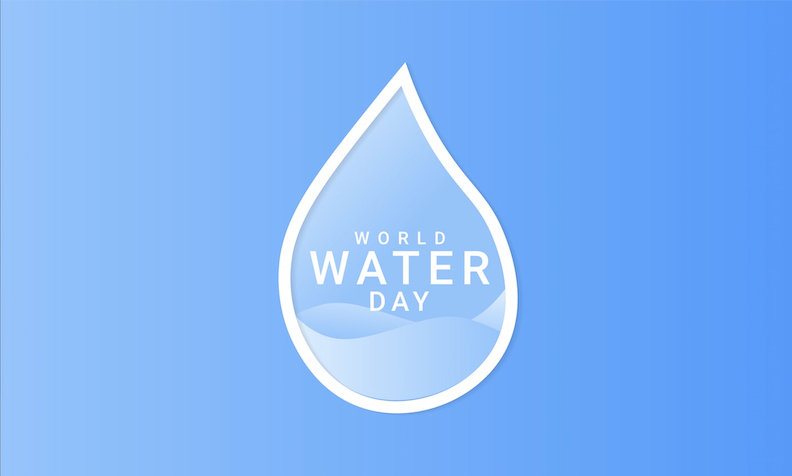World Water Day: Pakistan’s Struggle for Access to Safe Water

World Water Day is observed globally on March 22 every year to raise awareness about the importance of freshwater and to promote sustainable management of water resources. This year’s theme is “Valuing Water,” which highlights the significance of water in all aspects of life, including economic, environmental, social, and cultural. In Pakistan, where water scarcity is a critical issue, World Water Day holds even more significance.
Pakistan is an agrarian country that relies heavily on agriculture for its economic growth. However, water scarcity is a major challenge that threatens the country’s food security and economic development. According to the United Nations, Pakistan ranks third among countries facing severe water scarcity, with the country expected to face absolute water scarcity by 2025.
Pakistan has a per capita water availability of only 1,017 cubic meters per year, which is far below the minimum global standards of 1,700 cubic meters per year. The country’s water resources are unevenly distributed, with most of the available water being used for agricultural purposes, leaving little for domestic and industrial use.
The water scarcity issue in Pakistan is further compounded by mismanagement and inefficient use of water resources. Pakistan’s irrigation system is outdated and wasteful, with a significant amount of water being lost through evaporation, seepage, and leakage in canals and watercourses. Additionally, the country lacks a comprehensive water management policy, resulting in the overexploitation of groundwater resources, which has led to the depletion of aquifers in many parts of the country.
The impact of water scarcity on Pakistan’s economy and society cannot be overstated. The lack of water resources has resulted in reduced agricultural productivity, which is the backbone of the country’s economy. According to estimates, Pakistan loses around $14 billion annually due to water scarcity, with the agricultural sector being the most affected.
Moreover, water scarcity has also led to increased poverty and food insecurity in rural areas. Women and girls are disproportionately affected by water scarcity, as they are often responsible for fetching water from distant sources, which limits their educational and economic opportunities.
To address the water scarcity issue, the Pakistani government has taken several steps in recent years. The government has launched the National Water Policy, which aims to provide a comprehensive framework for the conservation and management of water resources in the country. The policy focuses on water conservation, improving irrigation efficiency, and promoting the use of modern irrigation technologies.
Additionally, the government has initiated several large-scale water projects, such as the Diamer-Bhasha Dam and the Dasu Hydropower Project, which aim to increase the country’s water storage and hydropower generation capacity. The government has also encouraged the adoption of water-efficient agricultural practices, such as drip irrigation and laser leveling.
However, these efforts are not enough to address the magnitude of the water scarcity problem in Pakistan. More needs to be done to improve the management and conservation of water resources, including the promotion of rainwater harvesting, the development of drought-resistant crops, and the improvement of water governance.
On this World Water Day, it is essential to recognize the value of water and the critical role it plays in sustainable development. Pakistan needs to prioritize the sustainable management of water resources to address the water scarcity issue and ensure a secure and prosperous future for its citizens. The government, civil society organizations, and individuals must work together to promote water conservation and efficient use of water resources. By valuing water, we can ensure a sustainable future for ourselves and future generations.



